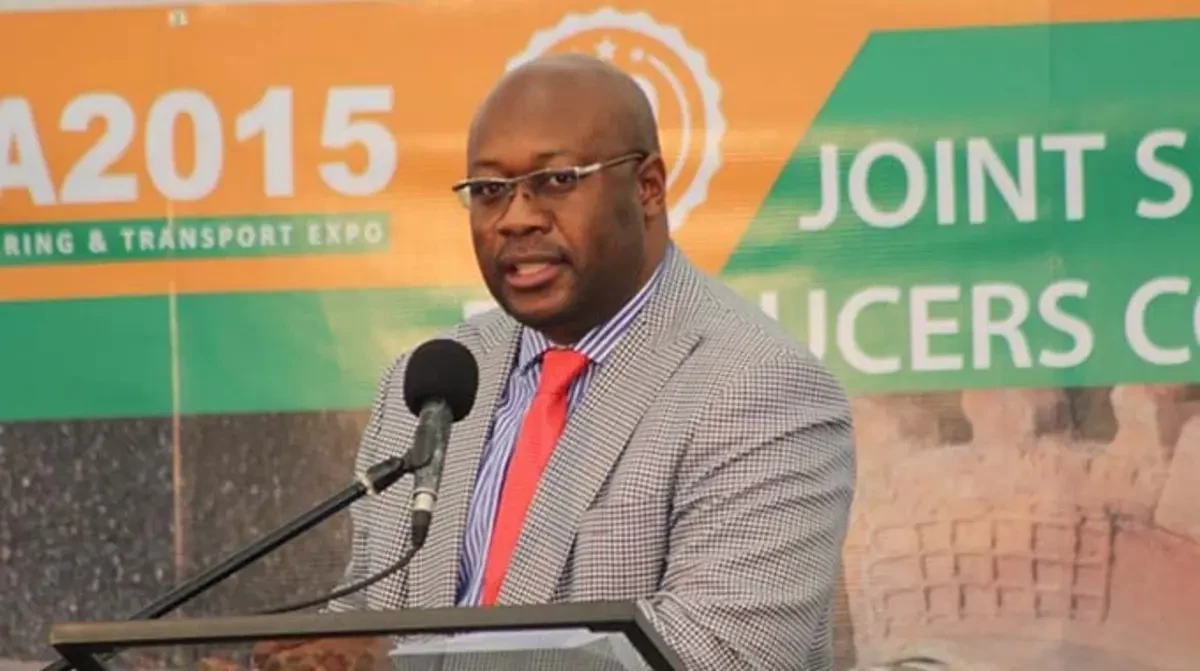
PLATINUM group metals (PGMs) producers will utilise excess capacity at Zimplats for toll treatment in a move set to grow the sector, a Cabinet minister has said.
There are three PGMs producers in Zimbabwe, namely Zimplats, Mimosa and Unki.
Officiating at the PGMs indaba in Victoria Falls on Wednesday, Mines and Mining Development minister Winston Chitando said the agreement will foster collaboration and synergy within the sector.
“We welcome collaboration with international investors and financial institutions who share our vision for a sustainable and prosperous Zimbabwe. Together, we can build a world-class PGM refinery that unlocks the full potential of this vital resource,” Chitando said.
He said the sector presents a unique opportunity for Zimbabwe.
Chitando said by addressing the issues of pricing volatility, promoting the role of PGMs in the energy transition, strategically financing a domestic refinery and implementing a well-defined import policy, can unlock the immense potential of the sector.
“By strategically developing our PGM resources, we can position Zimbabwe as a key player in the clean energy revolution, contributing to a more sustainable planet while attracting investments and creating new opportunities for our citizens,” he said.
“I am pleased to announce that Zimplats, one of our leading PGMs producers, is making significant investments to enhance its processing capacity.
- Endemic govt corruption at Hwange Colliery Company ...Van Hoog comes out guns blazing
- Parly summons Chitando over mining leases
- Climate change threatens Zim agric sector
- Minister lashes out at investors abusing workers
Keep Reading
“The construction of additional smelters and the refurbishment of the base metal refinery will enable the company to process its materials domestically, further boosting our local mining industry.”
The PGMs sector remains a vital contributor to the national economy generating a total of US$2,1 billion in 2023. PGMs constitute a significant portion, approximately 25%, of the national exports, underscoring its importance to the economic prosperity.
“As we convene here, we find ourselves amidst a dynamic and challenging landscape in the realm of platinum group metals mining,” he noted.
“This shift has resulted in a softening of PGMs prices, with palladium bearing the brunt of this decline, experiencing a significant decrease of approximately 40%.
“The recent volatility in PGM prices reminds us of the complex interplay of global forces that influence this market. While we have witnessed a surge in prices in the past year, recent trends indicate a potential decline. This underscores the need for a diversified and resilient approach to the PGM sector.”
Chitando said the recent Russia-Ukraine conflict, with its geopolitical ramifications, had a profound impact on the global PGMs market.
The world witnessed a surge in platinum prices, a direct consequence of concerns over potential disruptions in the supply chain, given that both Russia and Ukraine are significant producers of PGMs, Chitando said.
He said the outlook remains subdued, with weak demand conditions expected to persist. As a consequence, the viability of mining projects has been severely impacted.
Despite these challenges, Chitando underscored that PGMs producers were increasing production levels to offset revenue losses incurred due to the downturn in commodity prices.
“We must move beyond simply being price takers in the global market. By investing in exploration, mine efficiency improvements and value addition capabilities, we can strengthen our position and mitigate the impact of external fluctuations,” he noted.
“Collaboration with research institutions to develop innovative extraction and processing techniques can further enhance our competitive edge.
“The success of green hydrogen production and the pace of technological advancements in the auto industry will significantly influence demand. Recycling advancements will also play a role in stabilising prices.”
Platinum is a key component in electrolysers used for green hydrogen production, a clean and sustainable energy source with immense potential. As the world strives for a low-carbon future, PGMs will undoubtedly be a cornerstone of a sustainable energy future.
The minister said the government was committed to working collaboratively with all stakeholders, including industry leaders, research institutions, and the local community.
“Together, we can ensure the sustainable and responsible development of our PGM resources, propelling Zimbabwe towards a brighter, more prosperous future, and contributing to a cleaner world for generations to come,” he said.
“While we acknowledge the challenges facing the PGMs industry, we remain steadfast in our commitment to overcoming them.”
Chitando indicated that by fostering collaboration between the government and industry stakeholders, they can navigate through these turbulent times and emerge stronger and more resilient.










